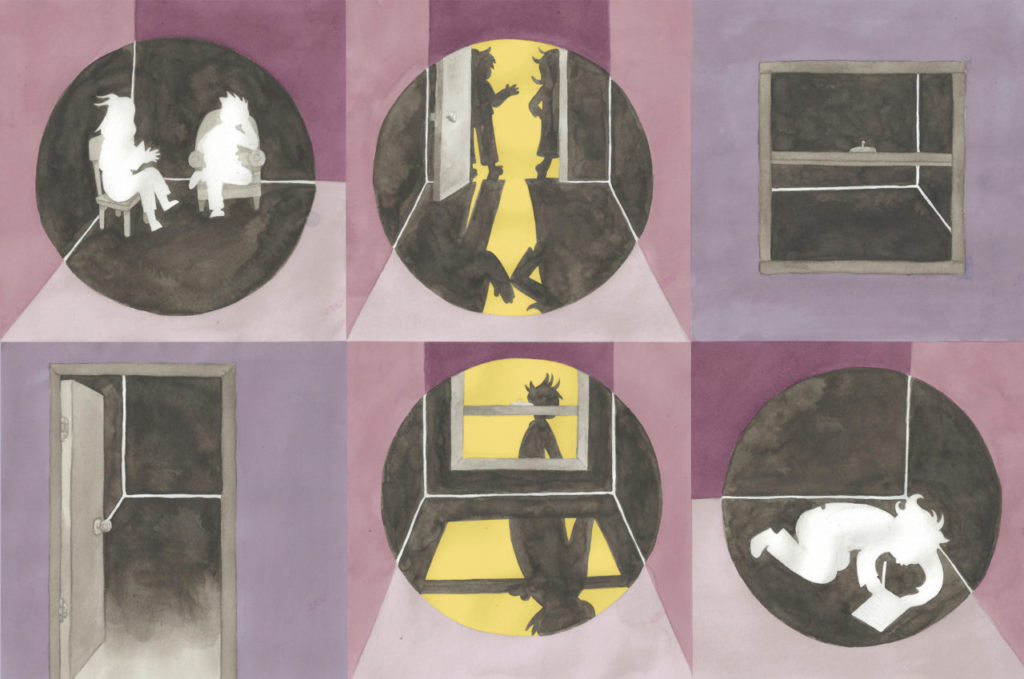Other Rooms

In this series, Poetry Northwest will examine noteworthy work being published in contemporary poetry journals.
Downward into Appetite: on Christine Shan Shan Hou’s “Like It Never Happened”
by Jay Aquinas Thompson | Associate Editor
Using a lexicon of theoretical knowledge, Hou’s poem pitches the reader downward into appetite, habit, and preoccupying questions of authenticity. Notice how the reader is bumped from one line to another here:
Little acrobats line up in the streets in preparation for doomsday.
Floral and vegetal forms from heaven fly over the landscape.
It is natural to be scared when teetering on the precipice of change.
From the Edge of the Inside: the Drama of Paul Killebrew’s “The Bisexual Purge”
by Jay Aquinas Thompson | Associate Editor
Equal in importance to the poem’s material is how Killebrew treats that material. “The Bisexual Purge” recounts facts—the online endnotes cite more than a hundred briefs, rulings, public records and newspaper articles—in a “neutral” tone whose trustworthiness is itself part of the poem’s scrutiny. Halfway through, Killebrew writes:
The culture of lawyers is prone to many abuses
of language, among white-shoe types
you find a bizarrely mannered
plainspokenness woven into
archaic diction and construction,
an overall incoherence of tonal register,
or a register made coherent
only by the writer’s objective to appear
as one who draws in equal measure from
grand traditions and common sense
to arrive at the heart of the matter.
